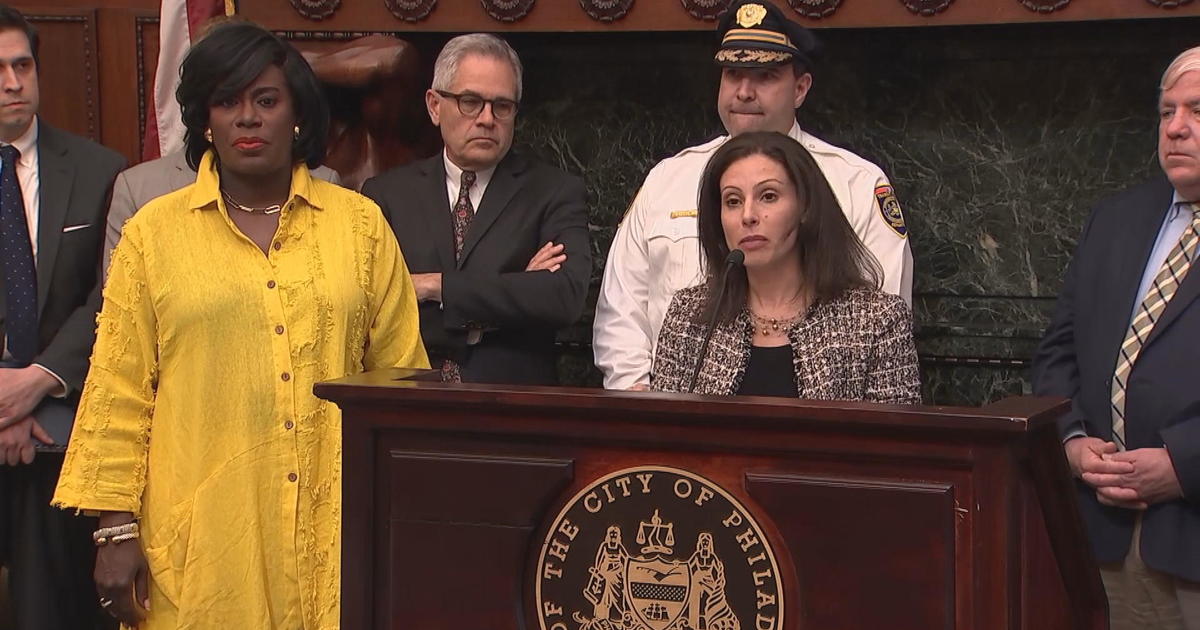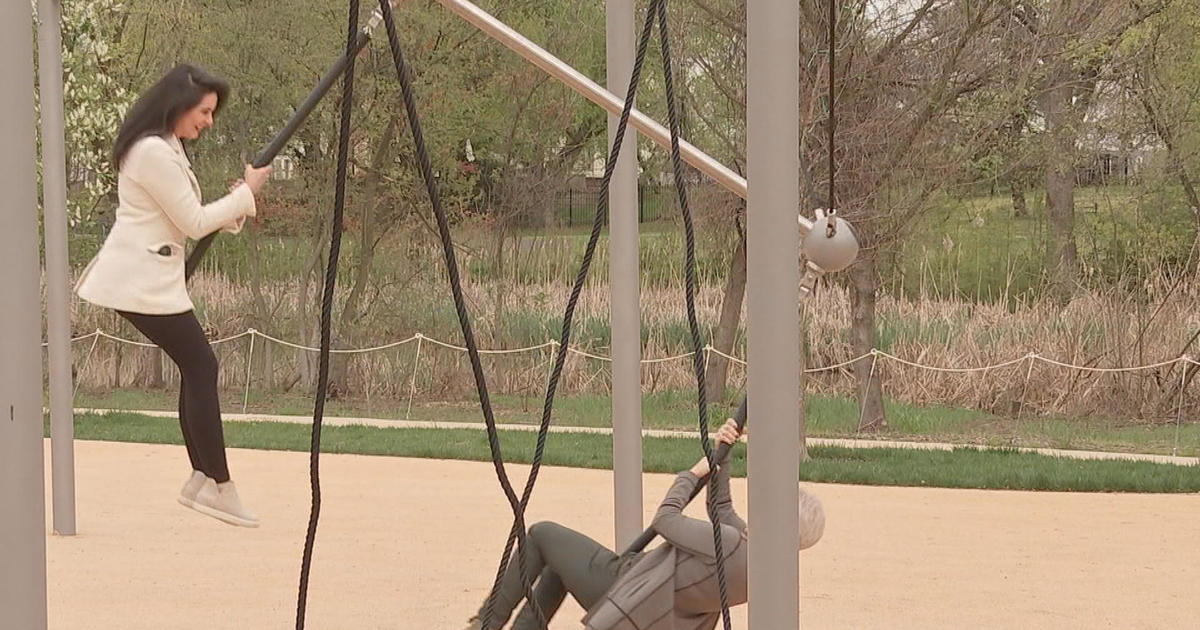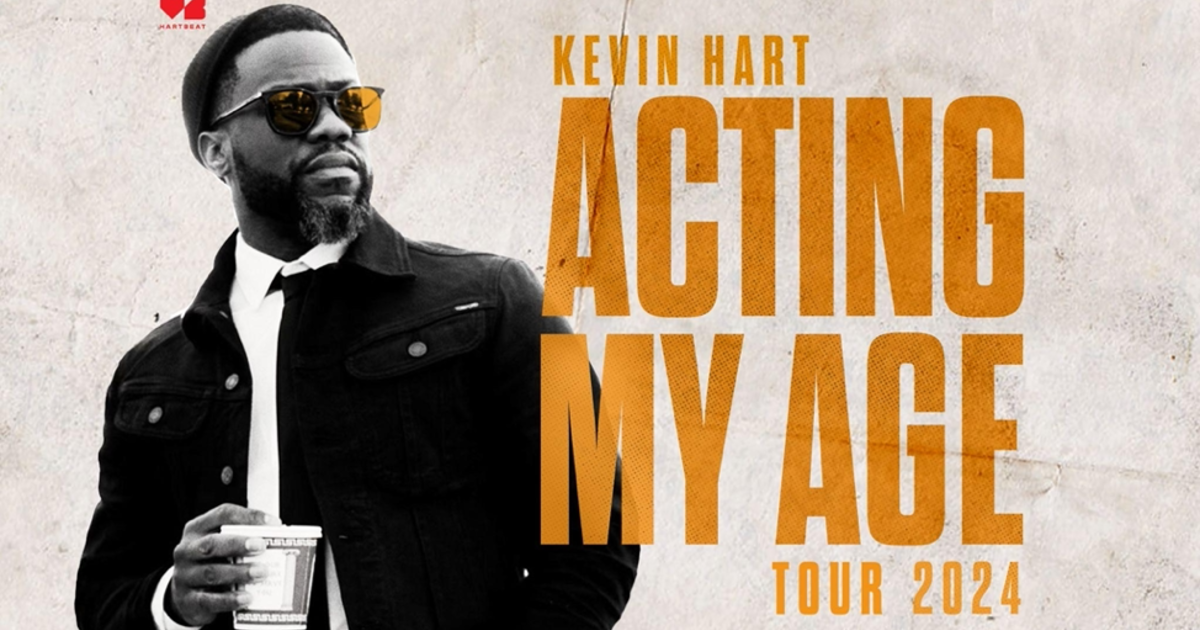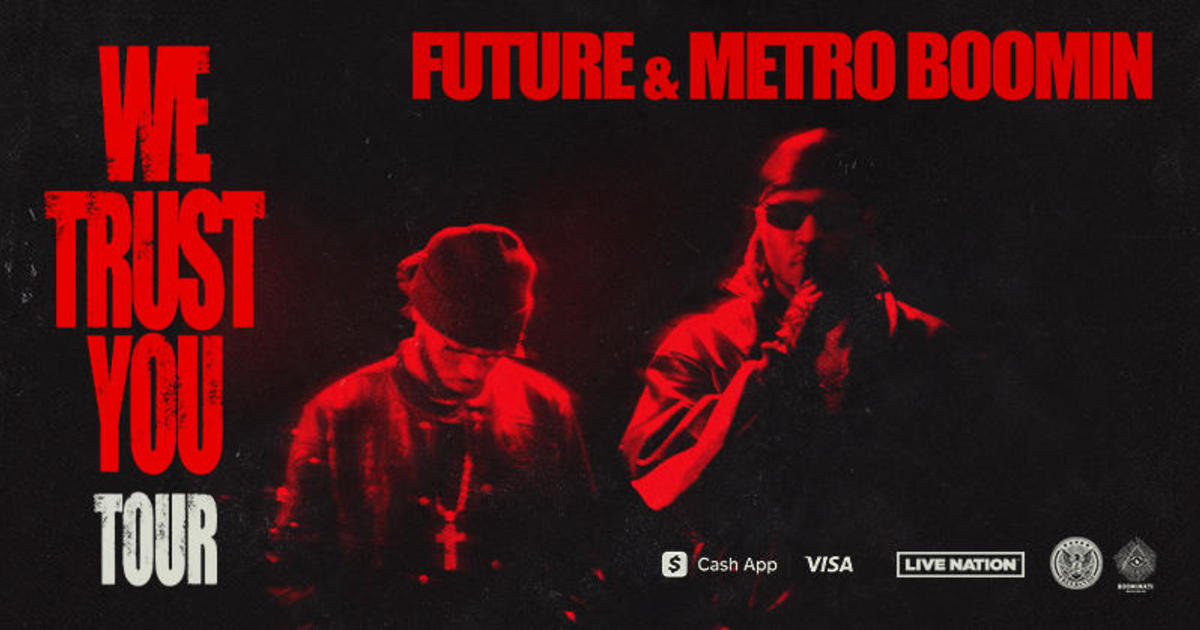Protests From Wikipedia, Google Appear To Be Influencing Future Of Piracy Bills
By Ian Bush, Jim Melwert and Nicole Brewer
PHILADELPHIA (CBS) - In protest of two bills in Congress that would aggressively crack down on illegal Internet content, Wikipedia is offline today. But it's far from the only site speaking out over free speech concerns. That appears to be having an impact on Capitol Hill.
The Stop Online Piracy Act (SOPA) and the Senate's version, Protect Intellectual Property Act (PIPA), sought to pull the plug on websites posting copyrighted material.
But amid a torrent of opposition, from Facebook and Twitter to the White House and Google, SOPA's author says he'll end his push for what's called "DNS blocking."
Tony Romm, tech reporter at Politico explains, "they're going to drop the provisions that would allow the US government to essentially seek a blackout of those foreign websites that are notoriously sharing illegally obtained movies and songs and other digital documents."
The social news site Reddit and popular blog Boing Boing are going dark.
"The big word here in DC is momentum," says Romm. "As the weeks have gone on, we've seen more and more displays of companies banding together to fight these pieces of legislation."
But the lawmakers have a powerhouse in their corner, too, in an entertainment industry that wants to get paid for its work and won't go down without a fight.
Wikipedia co-founder Jimmy Wales says he supports fighting on-line piracy, "I'm a big believer that we should be dealing with issues of piracy and we should deal with them is a serious way, but this bill is not the right bill."
He says these laws would be overkill. "In the U.S. we have a perfectly reasonable and workable regime for dealing with copyright violations. So, for example, if the group AQUA wants to have their song removed from YouTube, all they have to do is notify YouTube and YouTube has the responsibility to take it down."
Wales and other critics of the bill say the legislation is too heavy handed and would affect users. They say it could drastically change how easily search engines work. And, they say worst case, a site like YouTube could disappear if a user posted copyrighted content.
But the Motion Picture Association of America (which supports the legislation) is responding, calling the black-outs an abuse of power, adding it's dangerous when platforms that serve as gateways to information intentionally skew the facts.
There's a key vote scheduled for PIPA, next week.



